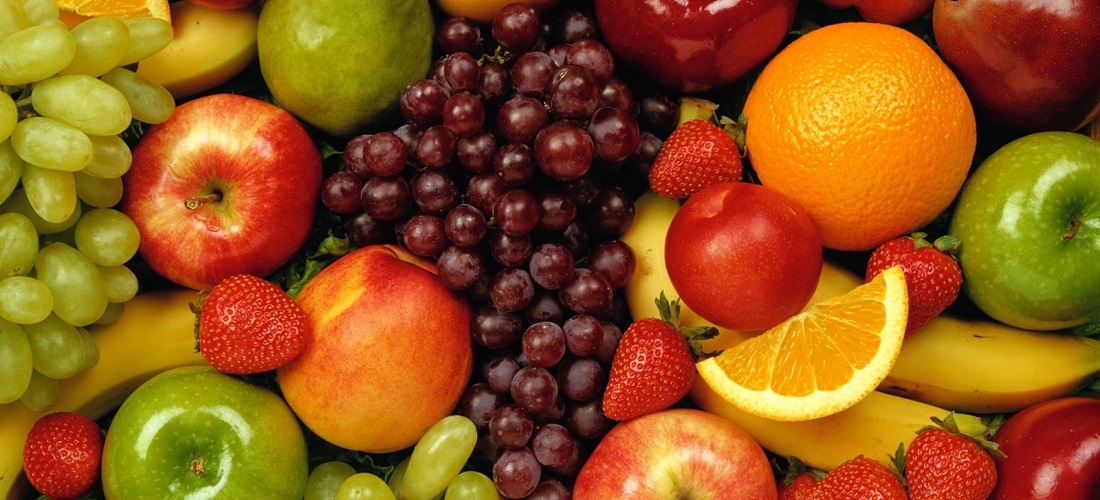
Brazilian fruits gain traction in emerging markets
Jul, 19, 2023 Posted by Gabriel MalheirosWeek 202330
The global demand for fresh and healthy products has benefited the export operations of Brazilian fruits, which grew by 19% in revenue and 2% in volume in the first half of 2023.
Brazil has a favorable climate for fruit growing and a diverse range of ecosystems that allow the cultivation of a wide variety of species throughout the year. In addition, the country has extensive agricultural areas, which contribute to the increase in the supply and export of fruits.
Brazilian fruit production has invested in technology and infrastructure, such as irrigation systems, refrigerated storage, and efficient logistics, to improve the quality and conservation of the exported fruits.
According to the president of Abrafrutas, Guilherme Coelho, the difference between Brazilian fruit and other fruits is in its quality and flavor, which has been pleasing to the market. In addition, producers are certified and meet the consumer’s requirements efficiently.
“Brazilian producers have been seeking quality and food safety certifications, which increases the trustworthiness of our fruits. Fruit producers are increasingly adopting certifications such as GlobalGAP and others in the country,” said the president of the Association.
The chart below shows Brazilian exports of fruits (hs code 0800-0812), measured in TEUs, from Jan 2019 and May 2023. The data is from DataLiner.
Brazilian fruit exports | Jan 2019 – May 2023 | TEU
Source: DataLiner (click here to request a demo)
Lime is at the top of exports this year. About 89,000 tonnes of the fruit have been shipped to the international market. It is important to mention that the Chilean market opened its doors to Brazilian Tahiti lemons last year, with successful negotiations in a short period.
At the time, Abrafrutas evaluated the Chilean market as promising, as Chile imported about $5 million worth of the fruit in 2021, and the expectation is to reach at least 50% of this market. In addition, exports to this country tend to reduce Brazil’s dependence on the European market.
An important fruit that has grown in exports this semester is the avocado, with a 153% increase in revenue and 175% in volume exported.
Melon, mango, grape, and apple also had a positive balance in these first six months of the year. The favorable weather in this period helped in the production and quality of fruits produced in Brazil, which provided a constant supply of fresh and seasonal fruits to international markets.
It is worth remembering that the second half of the year, historically, is when Brazilian fruit exports intensify due to most tropical fruits entering the harvest period. In this sense, given what is already happening, the expectation is that the sector will surpass the $1 billion revenue mark in 2021.
In addition to traditional export markets, such as the European Union and the United States, Brazil has been looking to expand to emerging markets, such as China and Middle Eastern countries, with a growing demand for tropical fruits.
Abrafrutas, in partnership with the Brazilian government, has been working on various actions to open new markets. In recent months, in close collaboration with Chinese authorities to establish export protocols and ensure access to the Chinese market for Brazilian grapes.
Source: Notícias Agrícolas
To read the original news report, see: https://www.noticiasagricolas.com.br/noticias/hortifruti/354939-primeiro-semestre-do-ano-fecha-com-saldo-positivo-para-as-exportacoes-de-frutas.html
-
May, 29, 2023
0
Black Sea grain deal slow to get moving after extension
-
Other Logistics
Jan, 13, 2022
0
Differing vaccine regulations create further crewing chaos
-
Grains
Jan, 07, 2019
0
Drought problem starts to affect sugarcane
-
Ports and Terminals
May, 06, 2022
0
Port of Paranaguá registered a 7.4% increase in shipments in its export corridor

